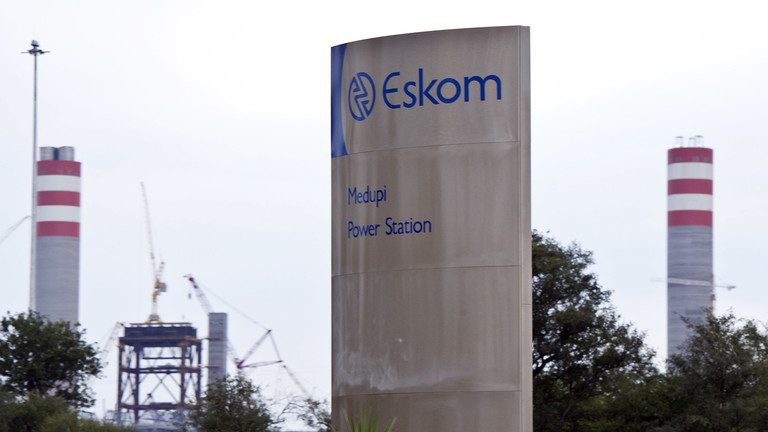Africa
Pretoria is developing a new strategy for supplying power in South Africa

According to the nation’s parliament, the law intends to increase competitiveness, transmission firms, and electricity production.
The country’s proposed Electricity Regulation Amendment Bill, which is likely to open the door for a new transmission business and permit competitive energy trading, will reportedly be the subject of more public hearings, according to South Africa’s parliament.
According to local media, Zet Luzipo, the head of the parliament’s mineral resources and energy committee, stated on Saturday that the public involvement phase is a part of the legislative procedure for the Bill.
The Independent Online cited Luzipo as stating, “The Bill aims to effect changes to the Electricity Regulation Act to provide for additional electricity generation capacity and infrastructure, as well as the establishment of the Transmission System Operator SOC Ltd.”
The independent organisation Business Leadership South Africa criticised what they perceived as an apparent delay in the legislative process, and as a result, the Bill—which the government had passed in March—was tabled in parliament in late August.
Years of load shedding (regular power outages) have been experienced in South Africa as a result of the country’s state-owned energy supplier Eskom’s inability to satisfy demand due to recurrent failures at its ageing coal-fired power plants.
More than 600,000 people lost their employment as a result of power outages last year, and more jobs may be lost as a result of the ongoing problem, according to Electricity Minister Kgosientsho Ramokgopa.
The Pretoria administration removed the state of emergency it had imposed in February in response to Eskom’s daily rolling power outages in April.
Luzipo allegedly stated on Saturday that the committee now has a greater knowledge of the people’s annoyances and worries with the bill as a result of the public hearings held in the province of Limpopo.
While some locals think the emergence of Eskom’s proposed new competitors will stabilise the electricity industry, others worry that once the new firms enter the market, electricity costs will increase.
